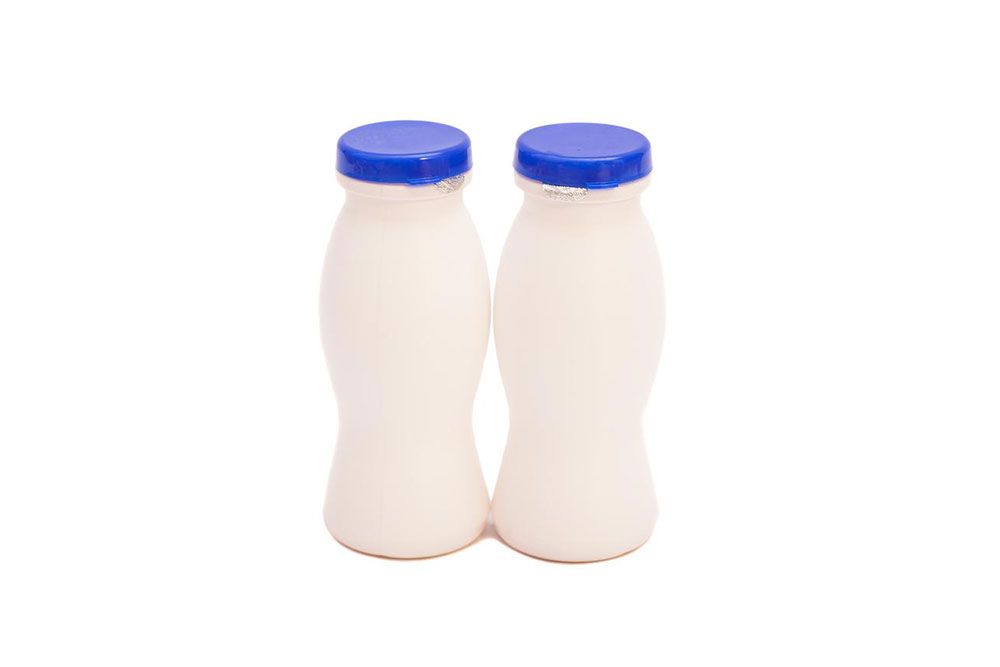Keep your gut healthy with probiotic beverages
The very idea of a probiotic drink may draw a rather unappetizing picture of micro-organisms wiggling around in the translucent liquid. The good news, however, is that probiotic beverages are not as bad as they might sound or as terrible as you might imagine them to be. Probiotics are basically bacteria that are beneficial for your body.

Your gut is a crucial part of your body that is often neglected. The gut has trillions of bacterial cells, some good ones, and some bad ones. Probiotics ensure everything you put in your body remains clean and healthy. Probiotics are the cleaning agents that help you keep your gut healthy and happy. One of the easiest ways to consume probiotics is through probiotic beverages.
Before bringing home any probiotic drink, you should be aware that their flavors differ. What might not appeal to one could be a taste that you like. Check out the list of ingredients and flavor on the label before deciding which is the best probiotic-based beverage for you. Probiotic beverages are easily available in your nearest supermarket or grocery store. Beverages that contain yogurt, fermented dairy products like kefir, and fermented tea kombucha are high on probiotics. Check out this list of probiotic beverages that you could buy and include in your diet.
Kombucha: Not everyone likes the taste of kombucha. The generic taste of a kombucha-based beverage is sweet, tart and fizzy.
Simple milk kefir: Generally blended in smoothies or consumed as it is, milk kefir has a tangy flavor. If you are lactose-intolerant and cannot have regular milk, milk kefir is quite harmless for you.
Simple water kefir: This is usually fermented twice with fruit juice or is consumed as it is. It is dairy free. If you are vegan, any water kefir-based beverage will be a good choice for you.
Probiotic lemonade: This is your regular beverage with a probiotic twist! It tastes a little bit fizzy since it is lacto-fermented. You keep the juice aside in an airlock container for a couple days. This leads to a production of lactic acid by our friendly bacteria called probiotics.











